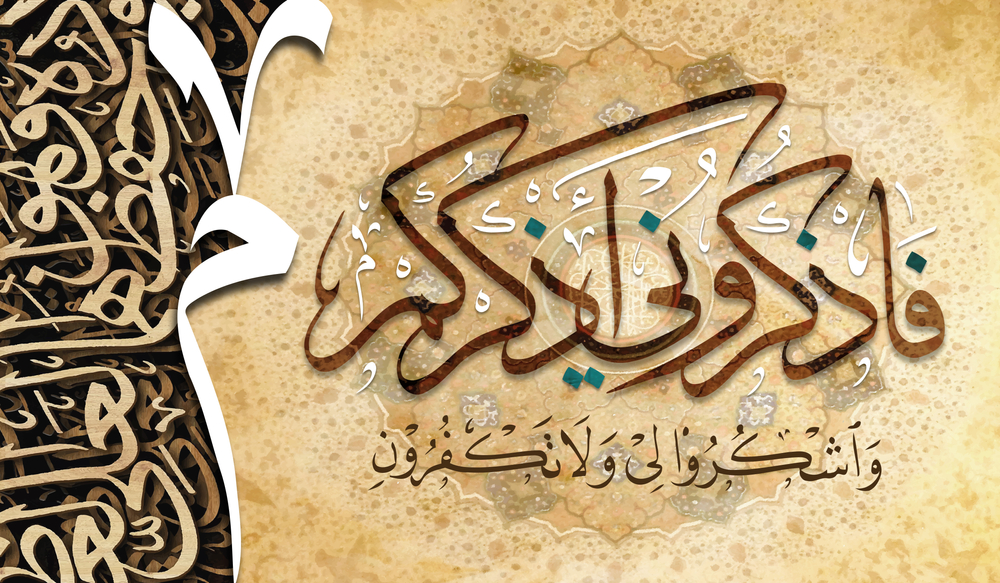Can a Menstruating Lady Write Verses of the Quran?
Hanafi Fiqh
Answered by Shaykh Abdul-Rahim Reasat
Question
I enjoy doing Arabic calligraphy as a hobby to make visual reminders for myself and others. I wanted to know if it is necessary to write Quranic verses with wudu and if it would be permissible for a woman on her period to write Quranic verses?
Answer
I pray you are well.
Without wudu, it is not permitted to touch a page or surface on which has a full verse of the Quran written on it. Therefore, it would not be permissible to write verses of the Quran if one’s hand needs to be in contact with the page. If one wrote on a whiteboard, for example, without any contact it would be permissible.
The above is for someone who is merely without wudu – and not someone in a state of janaba or on a menstrual cycle. The latter two categories of people cannot write verses of the Qur’an. [Ibn ‘Abidin, Manhal al-Waridin]
Try taking that time you would have invested into the calligraphy when on your menstrual cycle and using it to study the tafsir of the Quran. Understanding opens up many doors of appreciation and expression.
You can intend to not do the calligraphy at that time out of obedience to Allah and to venerate what He considers significant. Doing so will bring many rewards.
“Whoever venerates the symbols of Allah – truly that [veneration] comes from the Godfearingness of hearts.“ [Quran, 22:32]
May Allah grant us that out of His generosity.
[Shaykh] Abdul-Rahim
Checked and Approved by Shaykh Faraz Rabbani
Shaykh Abdul-Rahim Reasat began his studies in Arabic Grammar and Morphology in 2005. After graduating with a degree in English and History he moved to Damascus in 2007 where, for 18 months, he studied with many erudite scholars. In late 2008 he moved to Amman, Jordan, where he continued his studies for the next six years in Sacred Law (fiqh), legal theory (Usul al-fiqh), theology, hadith methodology, hadith commentary, and Logic. He was also given licenses of mastery in the science of Quranic recital and he was able to study an extensive curriculum of Quranic sciences, tafsir, Arabic grammar, and Arabic eloquence.
